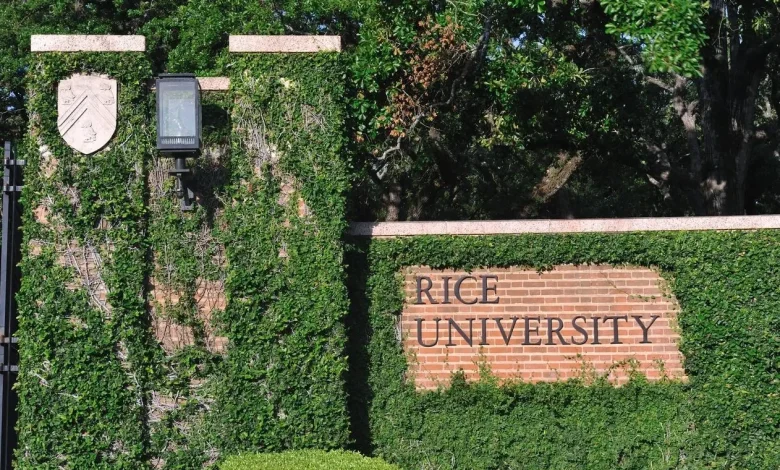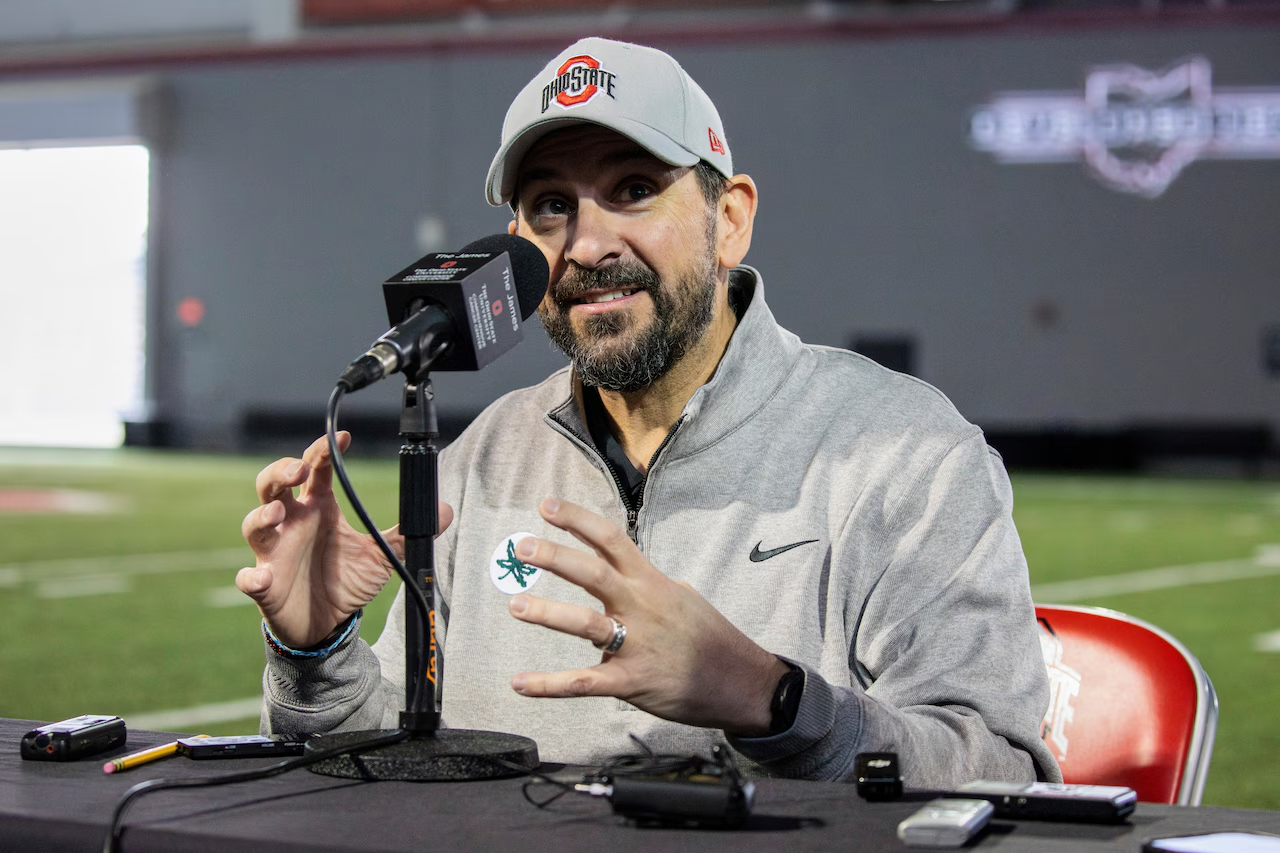Four Universities Launch Major New Investments In Brain Research

Rice University is one of four institutions recently announcing a major new brain science initiative.
getty
October saw several universities launch major initiatives in brain science and neurological research, often with the help of new private gifts to underwrite their efforts. Here are summaries of the four new programs, which come at a time when the rate of neurological disorders like Alzheimer’s disease and other dementias are increasing, and the social and economic costs of various neurodegenerative disorders are soaring.
University of California San Francisco
The University of California San Francisco received a $100 million gift from the Edward Fein Charitable Trust, which will provide unrestricted financial support for its Memory and Aging Center. According to UCSF Chancellor San Hawgood, the university will rename the center the Edward and Pearl Fein Memory and Aging Center, making it the first time the institution has used a private gift to name one of its divisions.
The Fein Center, which is part of the UCSF Weill Institute for Neurosciences and the Department of Neurology, houses 38 faculty members from the fields of neurology, geriatrics, psychiatry, cognitive psychology, neuroscience, and nursing. Its scientists have worked on the development of new imaging and blood tests for Alzheimer’s disease, and they have led national clinical trials to assess new therapies and diagnostics for Alzheimer’s.
Edward Fein was a stockbroker and financial analyst on Wall Street who retired in 1972. According to the university, he received medical care from UCSF in his later years, and the estate gift fulfills his and his wife Pearl’s desire to leave a lasting legacy advancing dementia research and care.
Rice University
Also this week, Rice University announced that it was creating the Rice Brain Institute (RBI), an interdisciplinary center that will bring together researchers from across campus. The announcement coincides with efforts to support the Dementia Prevention Research Institute of Texas. Signed into law in May 2025 and headed to voters Nov. 4 as Proposition 14, DPRIT would dedicate $3 billion to neurological research across the state.
“Few areas of research have as direct and profound an impact on human well-being as brain health,” Rice President Reginald DesRoches said in the announcement. “As rates of Alzheimer’s, dementia and other neurological diseases rise in our country and around the world, universities have a responsibility to lead the discovery of solutions that preserve memory, movement and quality of life. We all know someone who has been affected by a brain-related health issue, so this research is personal to all of us.”
The RBI will involve three strands of research: neuroscience, the study of brain function; neuroengineering, involving collaborations between engineers with clinicians to build new technologies that can restore and enhance neural systems; and the study of how the brain functions in society, connecting neuroscience research with public policy, economics, management science, and ethics.
It will focus on improving brain health in four major areas:
- Brain Injury (Traumatic Brain Injury & Stroke)
- Neurodegenerative Diseases
- Neurodevelopmental Diseases
- Depression & Mental Illness.
Massachusetts Institute of Technology
MIT will use a private gift from alumni Ana Méndez ’and Rajeev Jayavant to establish the Rare Brain Disorders Nexus — or RareNet — at MIT’s McGovern Institute for Brain Research. RareNet will convene leaders in neuroscience, medicine, patient advocacy, and industry to streamline the lab-to-clinic pipeline for rare brain disorder treatments.
“Ana and Rajeev’s commitment to MIT will form crucial partnerships to propel the translation of scientific discoveries into promising therapeutics and expand the Institute’s impact on the rare brain disorders community,” said MIT President Sally Kornbluth in the announcement. “We are deeply grateful for their pivotal role in advancing such critical science and bringing attention to conditions that have long been overlooked.”
According to MIT, RareNet will involve two initiatives: a global consortium and a therapy pipeline accelerator. The consortium will attempt to “connect siloed research efforts, secure more patient samples, promote data sharing, and drive a strong sense of trust and goal alignment across the RareNet community.” The aim of the pipeline accelerator is “to de-risk early lab discoveries and expedite their translation to clinic. By fostering more targeted collaborations — especially between academia and industry — the accelerator will prepare potential treatments for clinical use as efficiently as possible.”
The first group of RareNet projects will address Rett syndrome, prion disease, disorders linked to SYNGAP1 mutations, and Sturge-Weber syndrome. “Our hope is that RareNet will allow leaders in the field to come together under a shared framework and ignite scientific breakthroughs across multiple conditions. A discovery for one rare brain disorder could unlock new insights that are relevant to another,” said Jayavant. “By congregating the best minds in the field, we are confident that MIT will create the right scientific climate to produce drug candidates that may benefit a spectrum of uncommon conditions.”
University of Cincinnati
The University of Cincinnati Gardner Neuroscience Institute recently announced a $20 million gift from the James J. and Joan A. Gardner Family Foundation to support research and treatment for memory disorders and assist its efforts to gain designation from the Institute on Aging as an Alzheimer’s Disease Research Center (ADRC).
Formed in 2019, the Gardner Institute employs more than 125 physicians across 15 specialty areas, including seizure disorders, stroke, headaches and facial pain and trauma.
“It was my grandparents’ vision to provide patients in our community who suffer from neurological diseases with the best care, from the best people, in the best place,” said Kyle Johns, James J. and Joan A. Gardner Family Foundation trustee. “The neuroscience institute has been wonderful stewards of our foundation’s past support, and our recent philanthropic investment reflects our continued belief in their mission. This gift is aimed at achieving bold goals — earning ADRC status, becoming the first adult neuroscience institute in the U.S. to implement a learning health system, and ultimately reaching top-five national recognition. These milestones will elevate brain health care in our community, attract leading researchers, and launch innovative, life-saving discoveries that will improve the lives of patients and families for generations to come.”
With this new gift, the Gardner Family Foundation’s support for UC’s neuroscience institute now exceeds $50 million.





